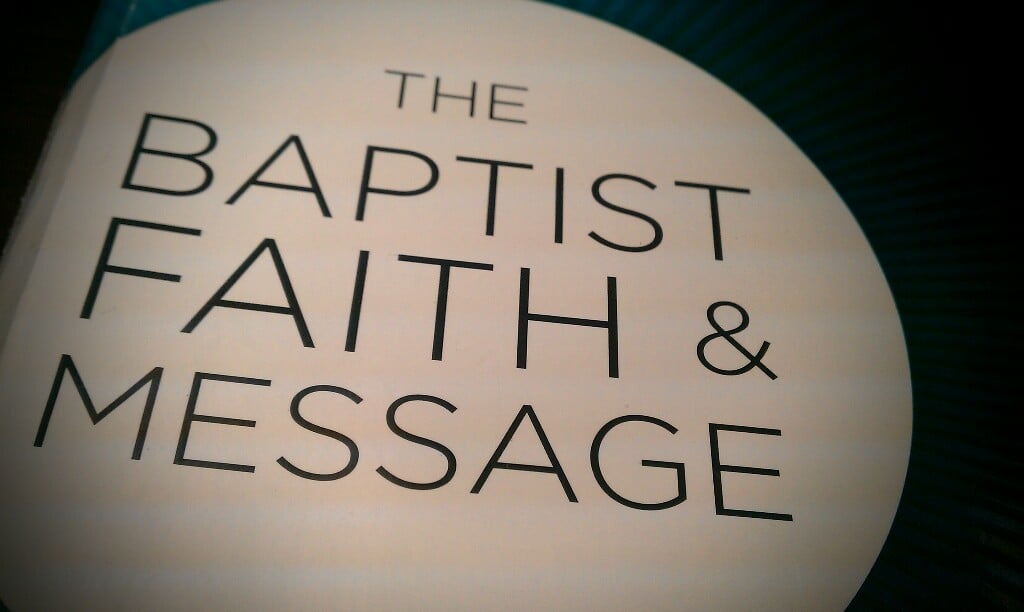Note from Jake: On rare occasions we run anonymously published pieces. This is one such occasion. My reasoning is basically explained in the author’s post near the conclusion. The goal of publishing this isn’t to start a vicious online debate, but to ask how the Baptist Faith and Message, a major document that concerns America’s largest Protestant denomination, should be read as it concerns the creation account in Genesis.
I am a happy member of a church in the Southern Baptist Convention. This denomination is my church home, and I particularly love its continual emphasis on missions and evangelism. That being said, one of the particular challenges for the Southern Baptist Convention today may well be our elevating of other matters to such importance that they drown out our evangelistic call to the nations. To take only one possible example: What must Southern Baptists believe about human origins? I believe God used evolution to create.
Login to read more
Sign in or create a free account to access Subscriber-only content.
Topics:
